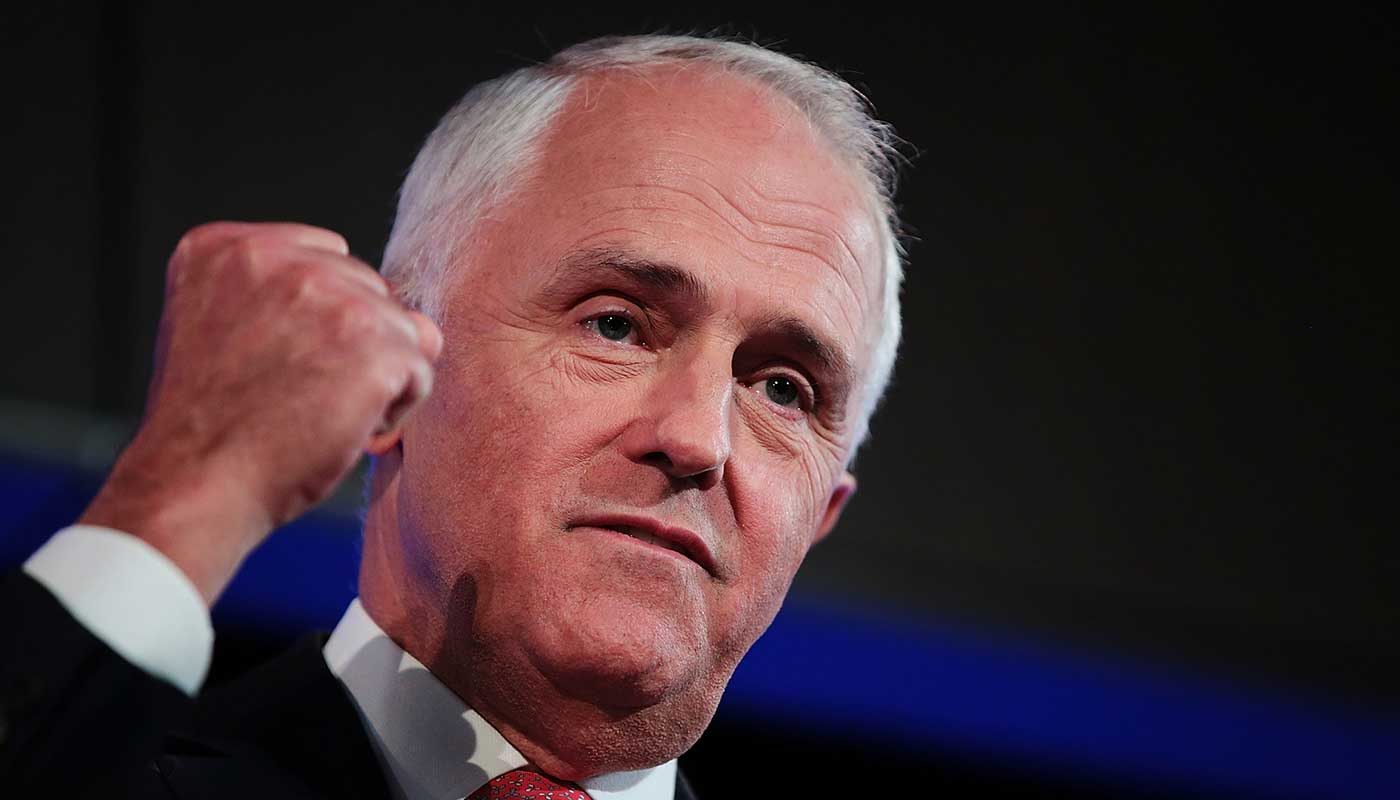Why Australia abandoned its Paris climate agreement plans
Prime minister caves in to backbench pressure amid leadership crisis

A free daily email with the biggest news stories of the day – and the best features from TheWeek.com
You are now subscribed
Your newsletter sign-up was successful
Australian Prime Minister Malcolm Turnbull has abruptly reversed that country’s position on climate change targets, after stripping targets agreed at the Paris climate agreement talks from his key National Energy Guarantee legislation.
Why has Turnbull changed direction?
Turnbull abandoned the plan to cut emissions by 26% by 2030, in the face of strong objections from a faction within his own conservative party, led by former prime minister Tony Abbott, whom Turnbull challenged and replaced to lead the country in 2015.
The Week
Escape your echo chamber. Get the facts behind the news, plus analysis from multiple perspectives.

Sign up for The Week's Free Newsletters
From our morning news briefing to a weekly Good News Newsletter, get the best of The Week delivered directly to your inbox.
From our morning news briefing to a weekly Good News Newsletter, get the best of The Week delivered directly to your inbox.
The backdown by Turnbull has led to a tumultuous 24 hours in Australian politics, with considerable media speculation that home affairs minister Peter Dutton could challenge for the leadership to replace Turnbull as prime minister.
Can Turnbull survive as PM?
In an unexpected move, Turnbull voluntarily vacated the leadership of the coalition – and the position of prime minister – early this morning local time, calling for a party room vote and “challenging agitators to put up or shut up”, Fairfax Media reports.
Turnbull won the internal ballot by 48 votes to 35, defeating Dutton, who has declined Turnbull’s offer to remain part of the cabinet following the leadership challenge.
A free daily email with the biggest news stories of the day – and the best features from TheWeek.com
However, the ABC reports that while Turnbull “has survived today [...] there could be further talk in the wings about another challenge on Thursday”, noting that Dutton had not had time to prepare or canvass party room votes before the surprise ballot was called.
While the leadership infighting continues, one thing remains – Australia will now need to formulate a new emissions plan to meet the Paris climate agreement goals it signed onto in 2016.